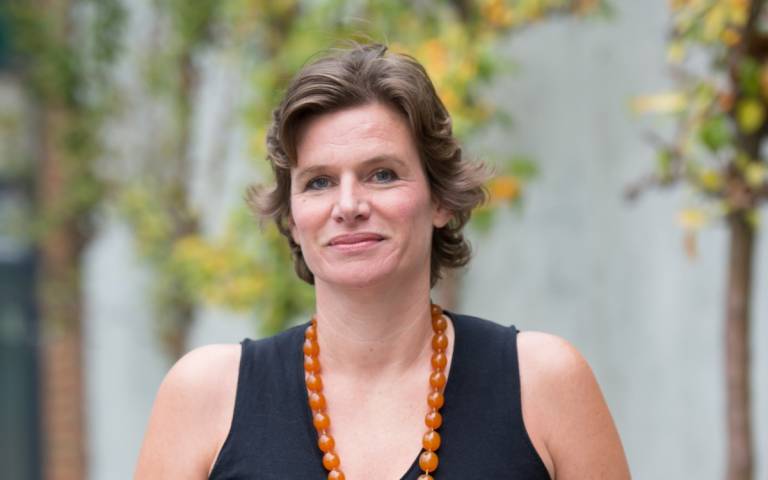Analysis: Europe’s Green Deal could be the most important in a generation
13 December 2019
EU leaders must take this opportunity to set a new course for growth, climate change and inequality, writes Professor Mariana Mazzucato (UCL Institute for Innovation and Public Purpose).

Economic growth has not only a rate but also a direction. This week, the European Commission launches a Green Deal that will, if taken seriously, set that direction in ways that stimulate growth, tackle climate change and combat rising inequality.
Commission president Ursula von der Leyen’s speech at the COP25 summit in Madrid last week made it clear that to do so, three things would need to happen: the deal would have to go to the centre of the growth strategy; investment in green innovation would need to be catalysed across all sectors; and a just transition would need to occur to ensure that such transformations would not leave workers behind.
Ms von der Leyen’s deal includes the first-ever European climate law to make the transition to climate neutrality irreversible. The opportunity is great, but so are the challenges. Much of Europe continues to experience stagnant growth — with the proposed remedies having, in some cases, only made things worse. For too long the attention was on reducing public budget deficits without admitting that the real problem was the lack of investment — by both private and public actors on long-term growth.
By calling for an investment strategy with a direction, Ms von der Leyen is also calling for a new understanding of what causes the core and the periphery in Europe to be so different. While Germany has a strong state-owned development bank, KfW, significant links between science and industry and excellent vocational training, many of the southern member states do not.
Critically, a green direction will mean redesigning all EU instruments, including those used by the European Central Bank and financial regulators, the European Investment Bank, structural funds, investment funds and funds for small and medium-sized enterprises. The “mission-oriented” approach — which my institute helped create and is guiding EU innovation funds — can help create coherence between such policies and put the public good at the centre of economic growth.
Ms von der Leyen’s call for investment to be directed towards the Green Deal means that industrial and innovation policies should not be focused on particular companies or sectors. Rather, support should be given to firms in all sectors willing to grow via innovation and transformation towards a green transition. This means changing the “picking winners” mentality to one that is about “picking the willing”. Ironically, the UK was leading the way, using such an approach to guide its industrial strategy before it became consumed by Brexit.
The lessons since the financial crisis started must be learned. Banks were bailed out and, in the following years, the ECB injected trillions of euros into the system to try to reflate the economy. As monetary policy was not complemented by a serious investment strategy and fiscal stimulus — much of that money went back into the financial sector or supported incumbent high-carbon companies.
Rather than enjoying lower interest rates, the latter should be facing tougher financing conditions proportionate to the climate-related risks they create.
Re-directing finance so it finds its way into productive green parts of the economy is crucial. The EIB’s new climate strategy and energy lending policy is a welcome step. But an obsession with keeping its triple A rating has held back real courage and risk-taking. As any venture capitalist will admit, for each success there will be many failures. Constructing a portfolio of green investments means taking on higher risks but also making sure the “deal” includes the socialisation not just of risks but also rewards. That will help make sure the transition is more just.
Europe has an opportunity to seal one of the most important deals of a generation. Let’s hope it is taken as seriously and urgently as the bailouts — too much is at stake.
This article was first published on FT.com on 11 December 2019.
 Close
Close

